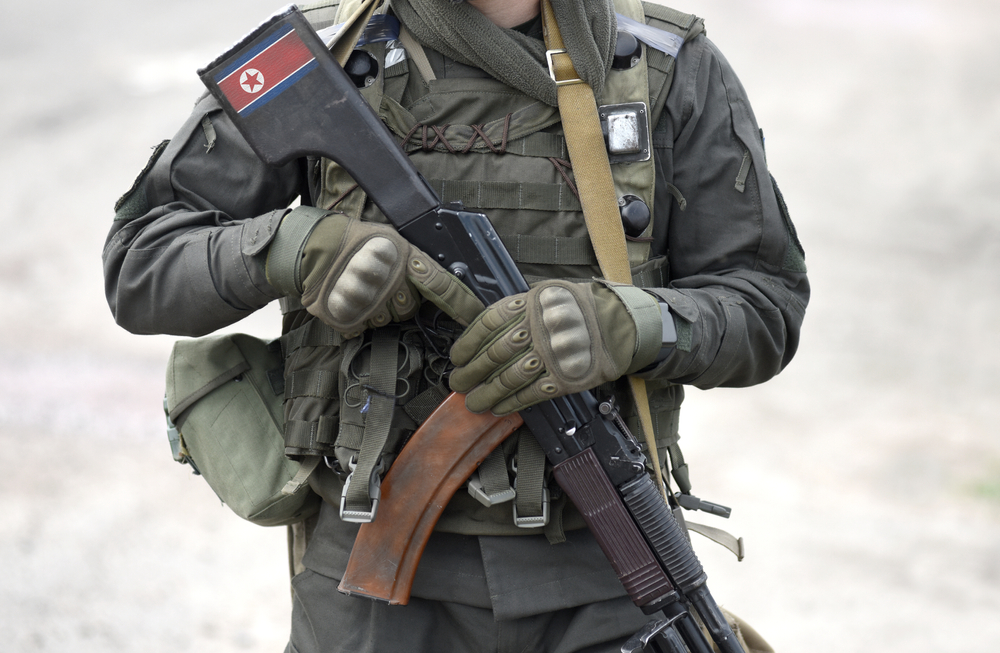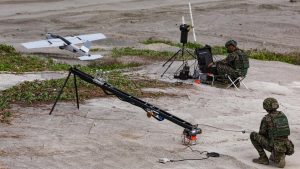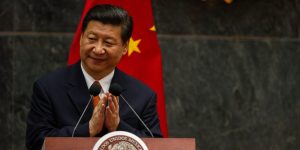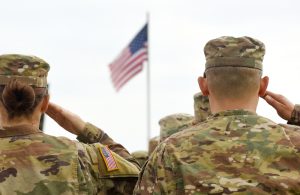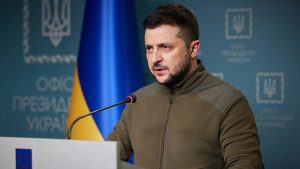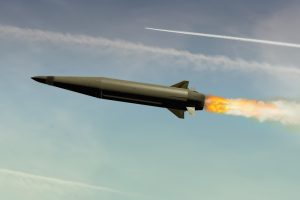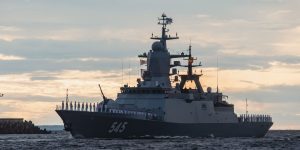North Korean forces sent to aid Russia in its conflict with Ukraine have reportedly been withdrawn following heavy losses.
Others are reading now
The involvement of foreign troops in the ongoing war in Ukraine underscores the deepening complexity of the conflict.
Alliances between authoritarian states such as Russia and North Korea have drawn global scrutiny, raising fears of escalating international tensions.
As battlefronts continue to shift, these partnerships face challenges, including high casualty rates and logistical setbacks, which can reshape military strategies on both sides.
According to Digi24.ro, North Korea has pulled its troops from the front lines in Russia’s Kursk region, following significant losses.
Also read
South Korea’s National Intelligence Service (NIS) reports that no signs of North Korean military engagement have been observed in the region since mid-January.
Kursk, situated near Ukraine’s northeastern border, had previously seen fighting involving North Korean forces deployed to support Russian operations.
Heavy Losses Spark Withdrawal
The NIS attributes the withdrawal to severe casualties suffered by North Korean troops.
Preliminary estimates indicate that approximately 300 North Korean soldiers were killed and another 2,700 wounded during battles near Kursk.
North Korea had reportedly sent around 12,000 soldiers to assist Russia late last year. This deployment heightened concerns over Pyongyang’s growing role in the conflict, with both Ukrainian and U.S. media, including The New York Times, confirming reports of the subsequent withdrawal.
Intelligence services are continuing their assessments, but the high casualty figures appear to be a central factor in North Korea’s decision to retreat.
Intelligence Collaboration and Strategic Impact
Since North Korea’s involvement, South Korean and Ukrainian intelligence agencies have cooperated closely to track troop activities.
This intelligence partnership has provided crucial insights into battlefield developments, allowing for ongoing monitoring of troop movements.
With North Korea’s departure from the front lines, analysts are examining how Russia may adapt its strategy in the strategically important Kursk region. There are concerns that reinforcements from other allied nations may follow, potentially altering the dynamics of the conflict once again.

